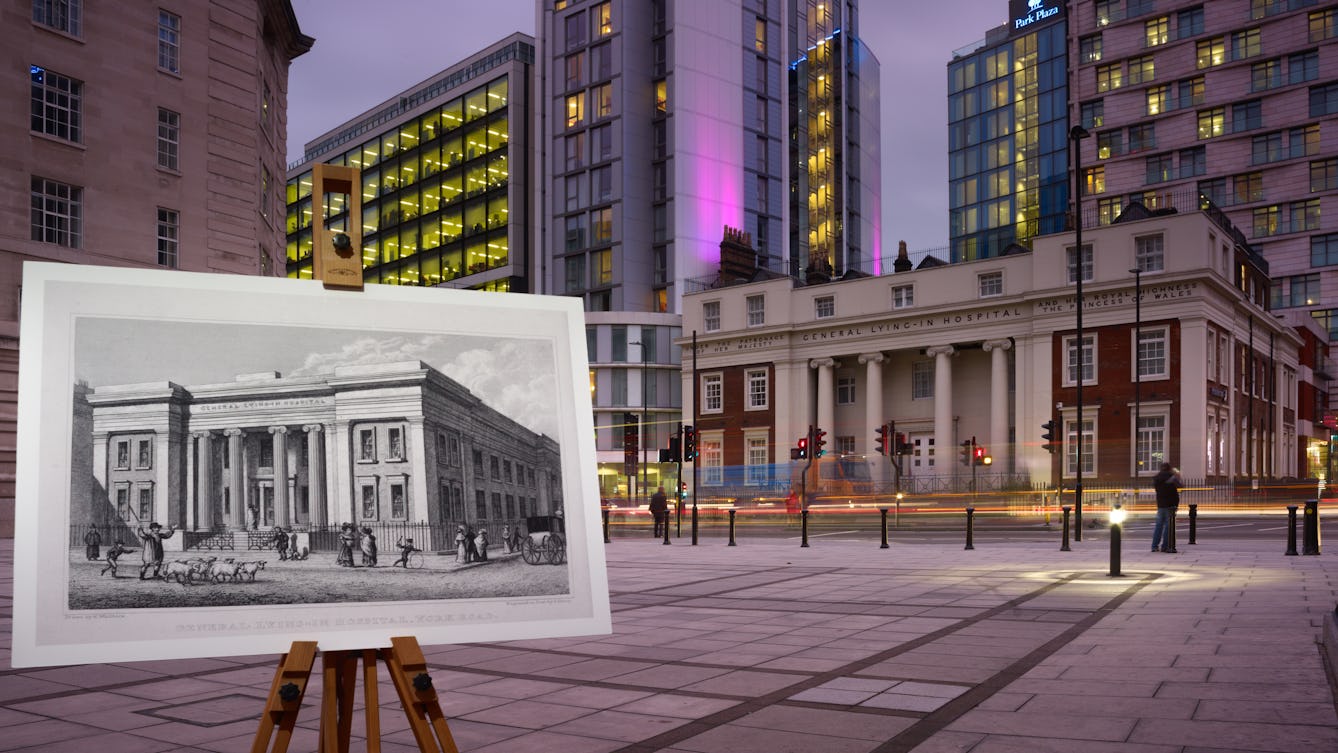
- Article
- Article
London, city of lost hospitals
Come on the trail of hundreds of ghost hospitals, whose remnants hold clues to medical treatments of the past.

- Article
- Article
Disability, education and prejudice
In the 1960s and 1970s, thalidomide survivors had to fight for a proper education. If they weren’t brought up in institutions, they were often viewed as objects of curiosity, encountering verbal and sometimes physical abuse, both at school and in the world beyond.

- Article
- Article
The father of handwashing
Doctors performing autopsies and then delivering babies – with not a hint of soap in between – was the grim recipe producing a lot of motherless offspring in the 1800s. But one man’s gargantuan efforts to upend accepted medical thinking turned the tide.
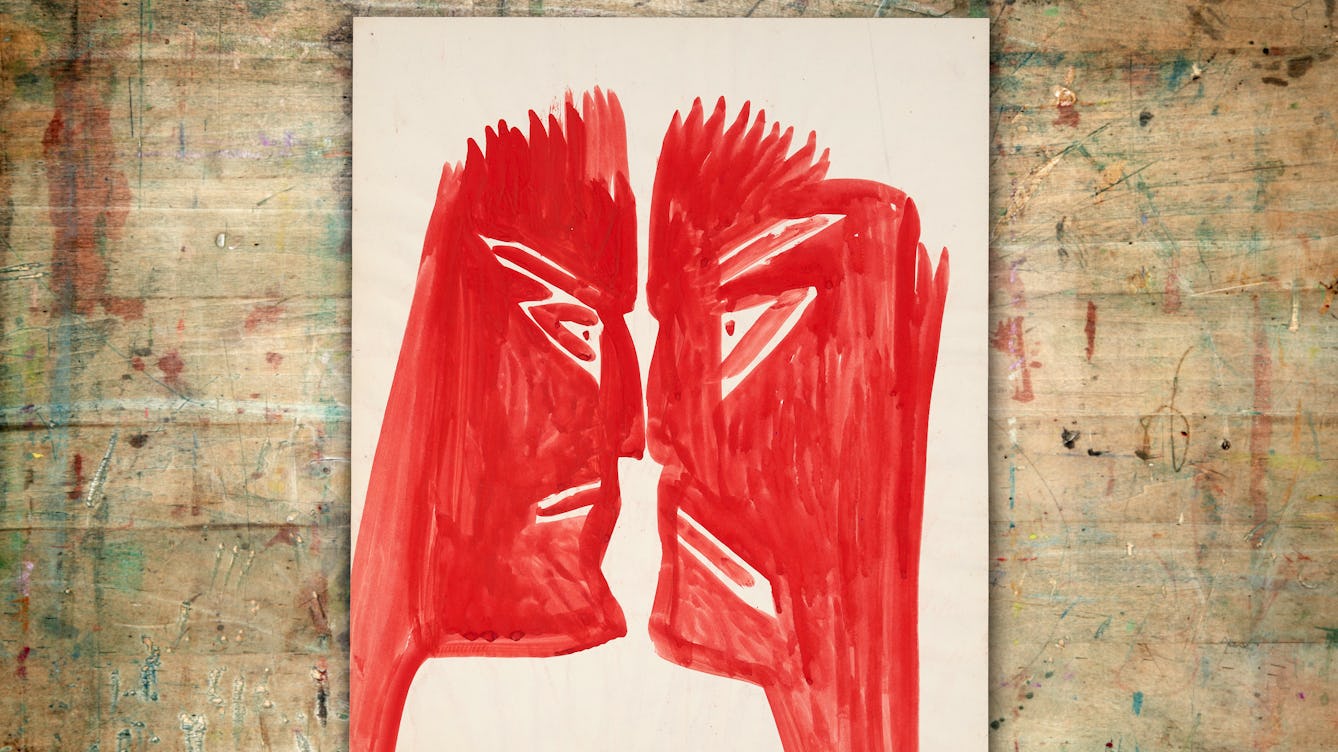
- Article
- Article
Mary Bishop and the surveillant gaze
Writer and artist Rose Ruane explores the paintings of Mary Bishop, created during a 30-year stay in a psychiatric hospital, which speak of constant medical surveillance and censorious self-examination.

- Article
- Article
Lying low for lockdown and beyond
For Liz Carr the chances of catching Covid-19 are the same as for anyone else, but as a Disabled person she's at much greater risk of not getting the treatment she needs if she falls ill.

- Long read
- Long read
Rehab centres and the ‘cure’ for addiction
Guy Stagg takes us on a brief history of rehab centres and their approaches to addiction and recovery.
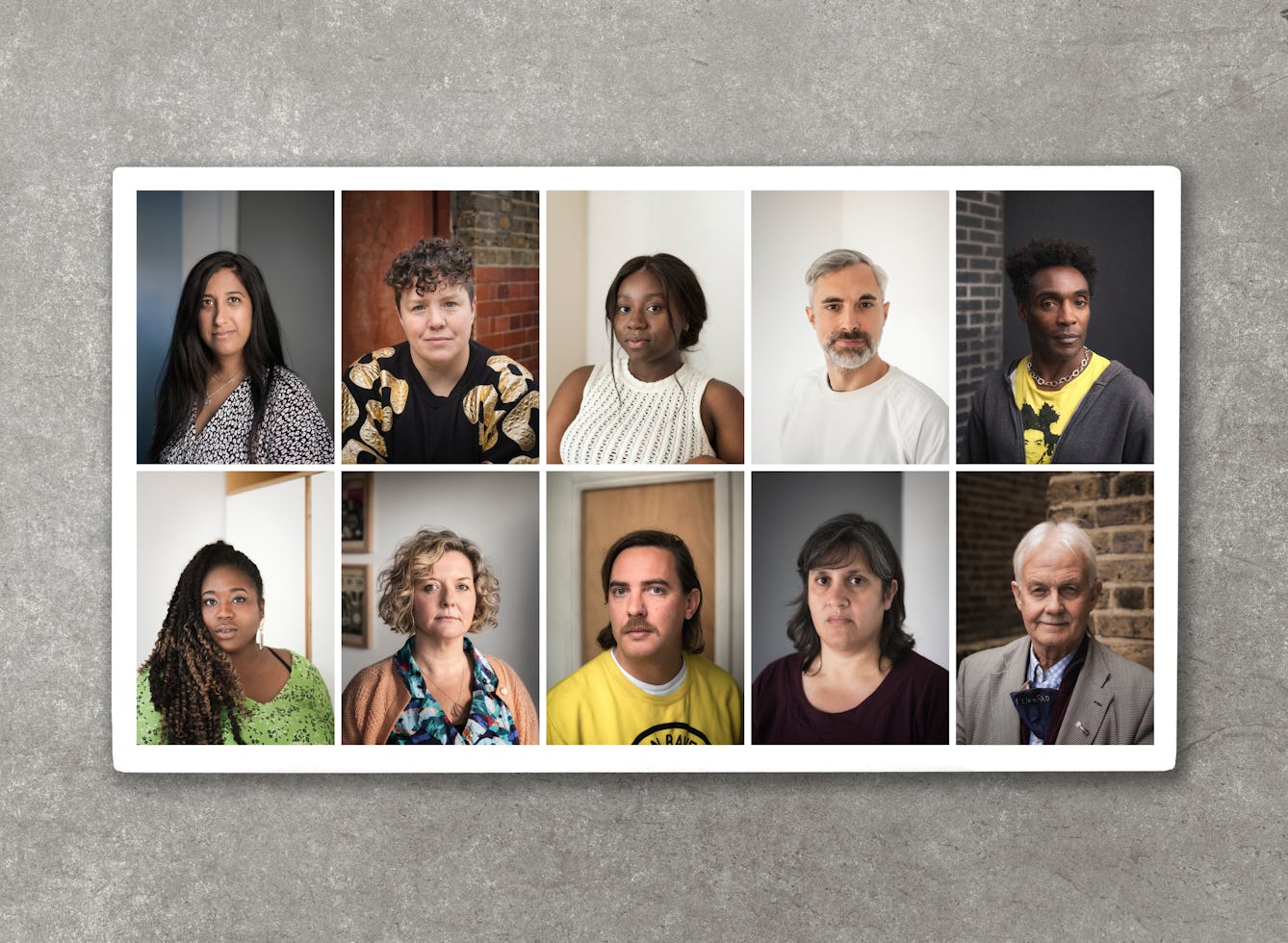
- Article
- Article
Care, creativity and a connected world
Find out about the challenges Wellcome Collection has faced during the last very demanding year.
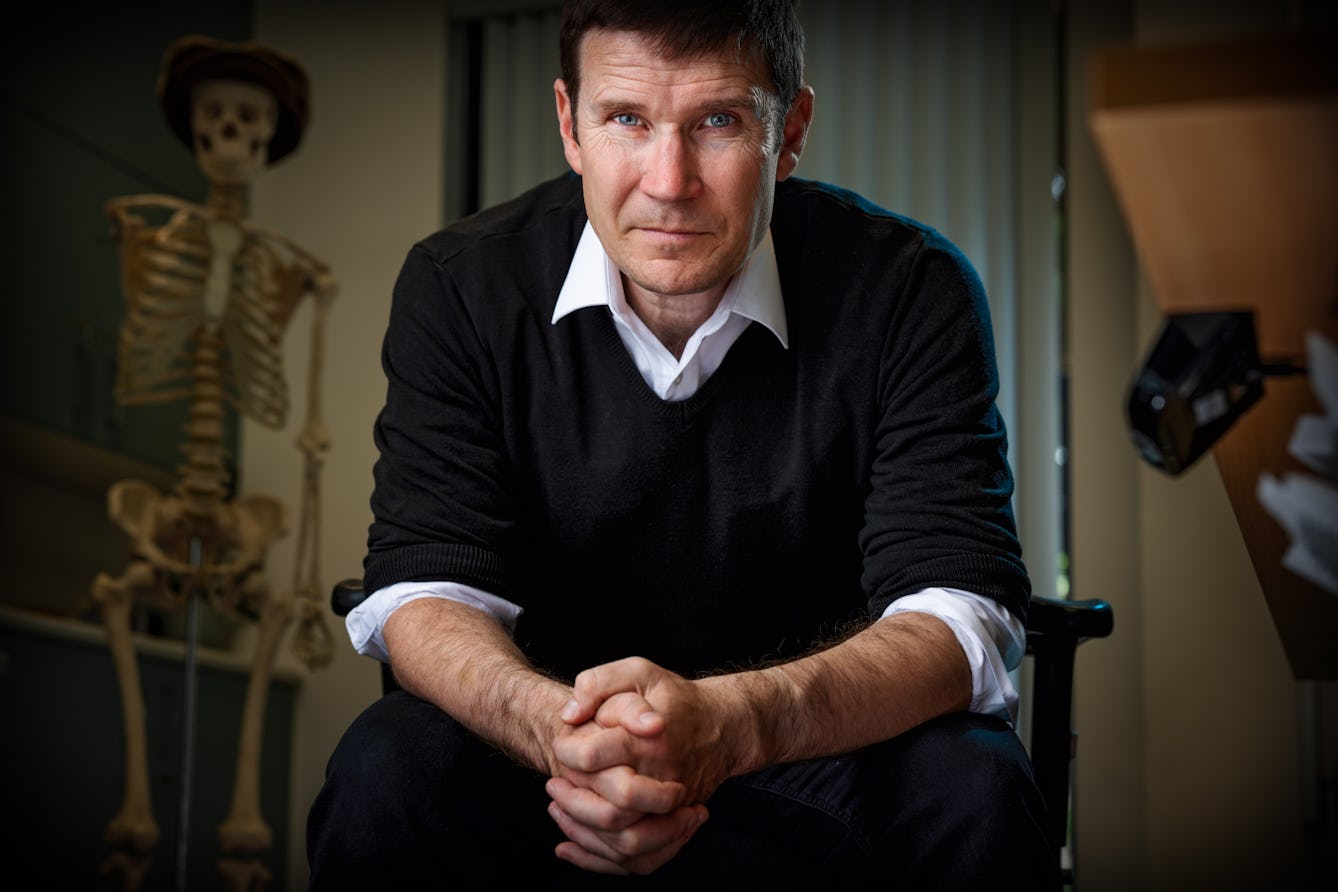
- Book extract
- Book extract
Why the NHS is worth saving
In this extract from his latest book, ‘Free For All’, Dr Gavin Francis poses challenging questions to be addressed if a health service that’s free for all at the point of use is to remain possible.
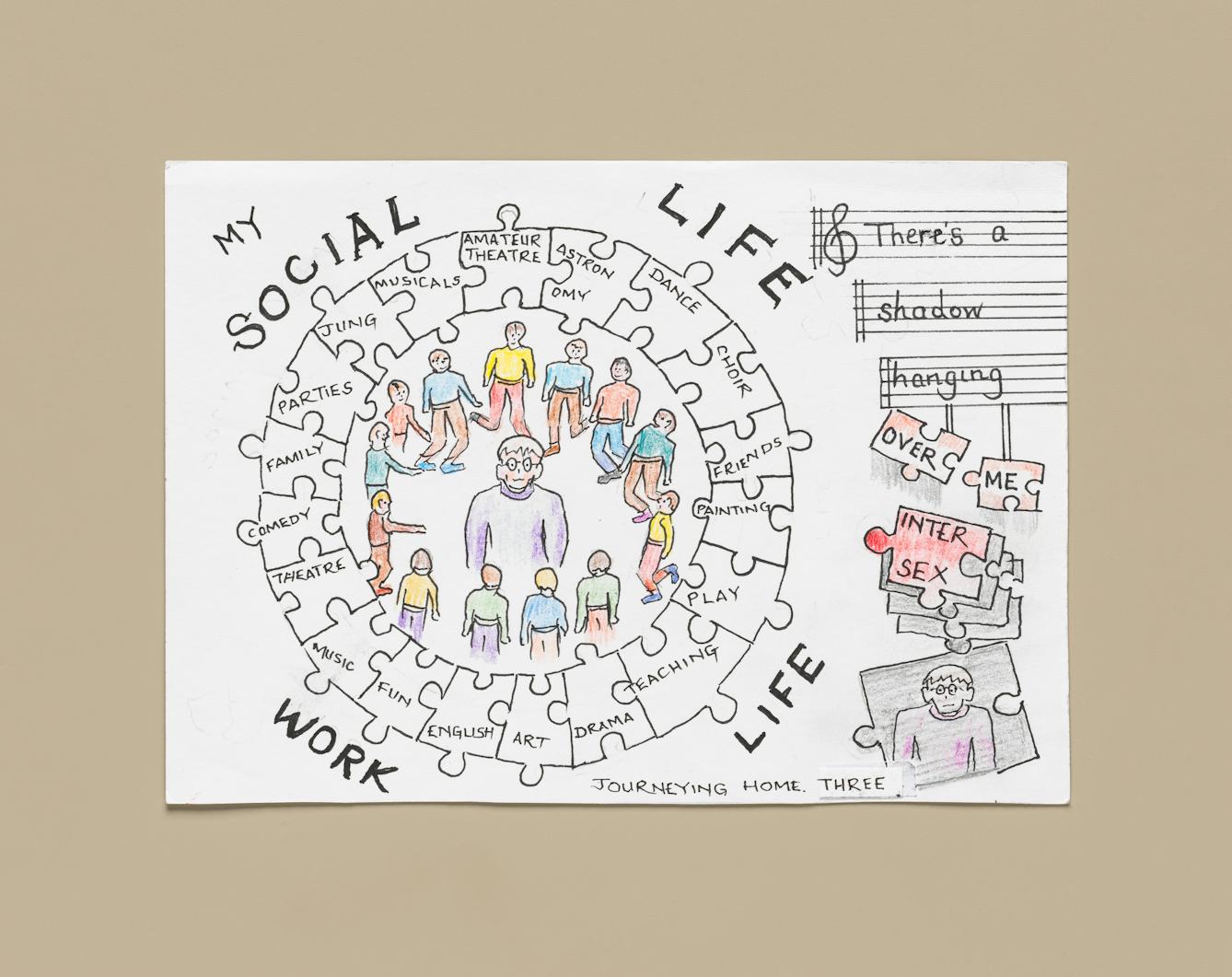
- Article
- Article
Journeying home
A serious health scare was the catalyst to Chris beginning the process of understanding his experiences more clearly, and using that new insight to help other intersex people.

- Article
- Article
Thalidomide babies
In a time without scans or antenatal tests, neither medical staff nor parents were prepared for the damage to the foetus caused by the thalidomide drug.

- Article
- Article
Rediscovering Margaret Louden, a forgotten NHS hero
Bored during lockdown, David Jesudason started bin diving at night. Then a chance discovery set him on a new path: to tell the story of a forgotten female surgeon.
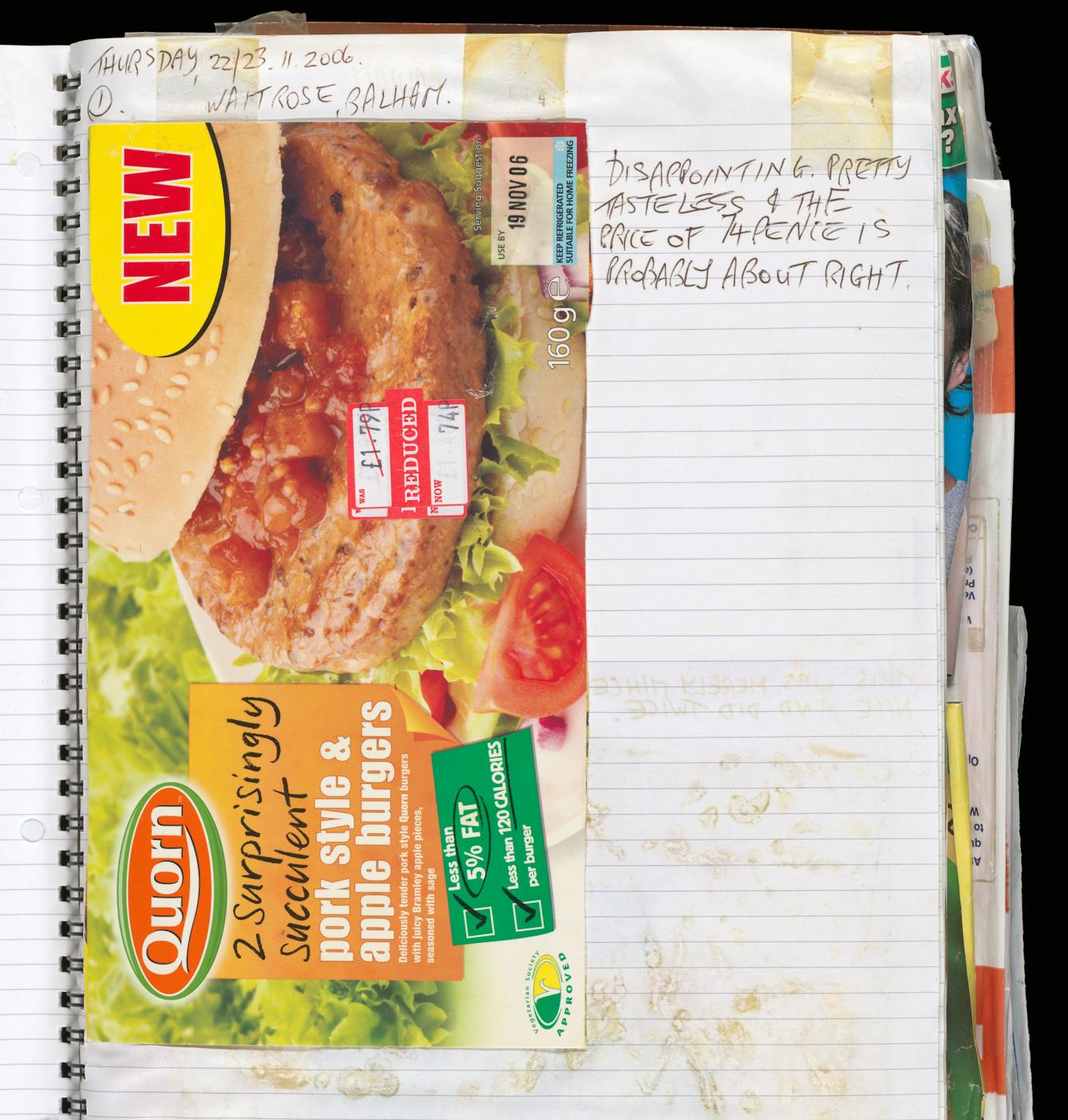
- Article
- Article
Audrey in the world
As the collection is fully catalogued, the archive is opened up to the public. A feature film about Audrey premieres, and Audrey gets her own Wikipedia page, so people can learn about her. For archivist Elena, it’s time to step back.
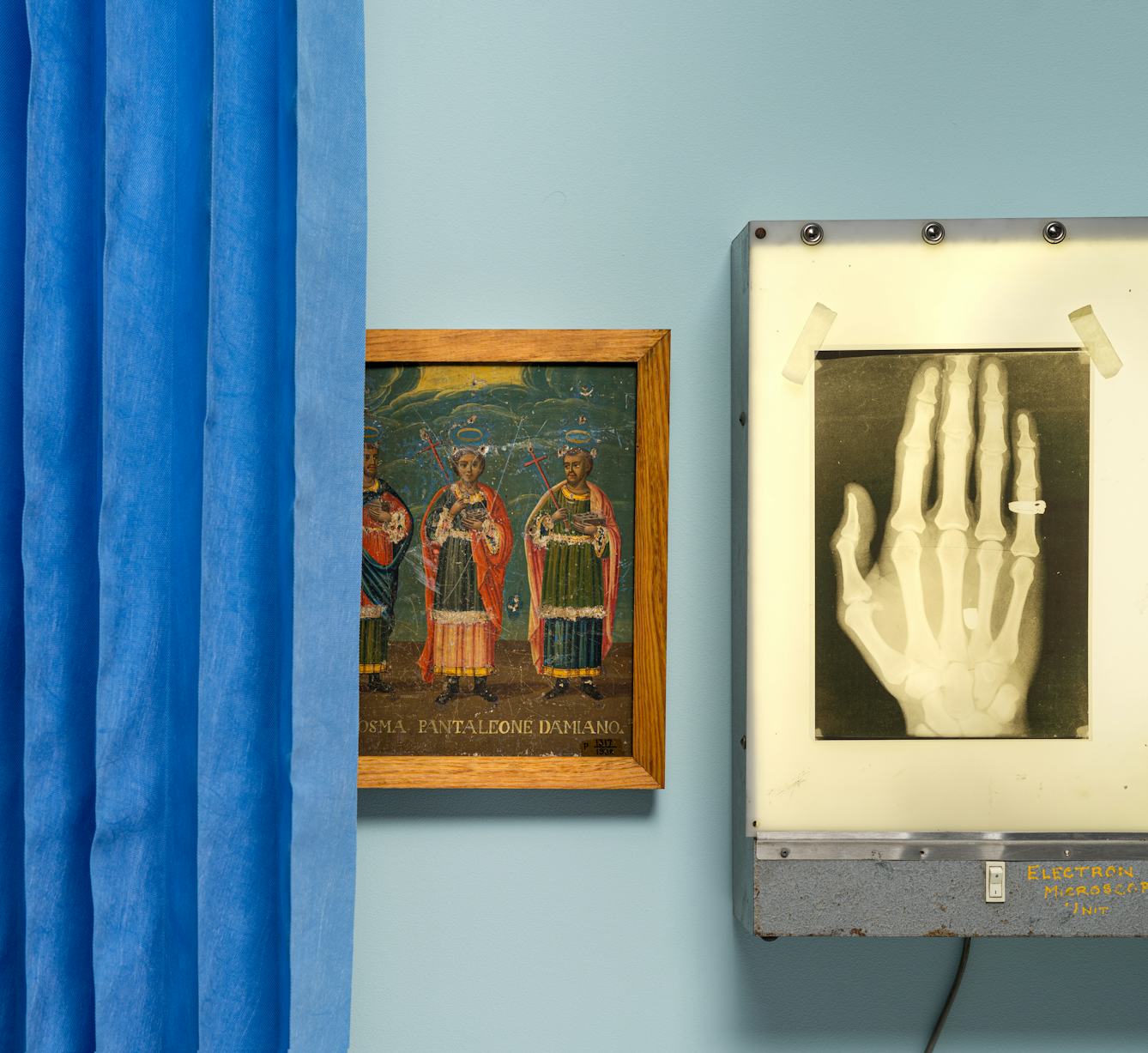
- Article
- Article
The ancient doctors who refused payment
The NHS might only be 70 years old, but the idea of free healthcare goes back to Ancient Greece, when devout doctors provided their services without charge.

- Article
- Article
Designing better mental health wards
Bringing colour and natural light to tired, grubby mental health wards has a measurably positive effect on patients. A few groundbreaking projects are showing the way.
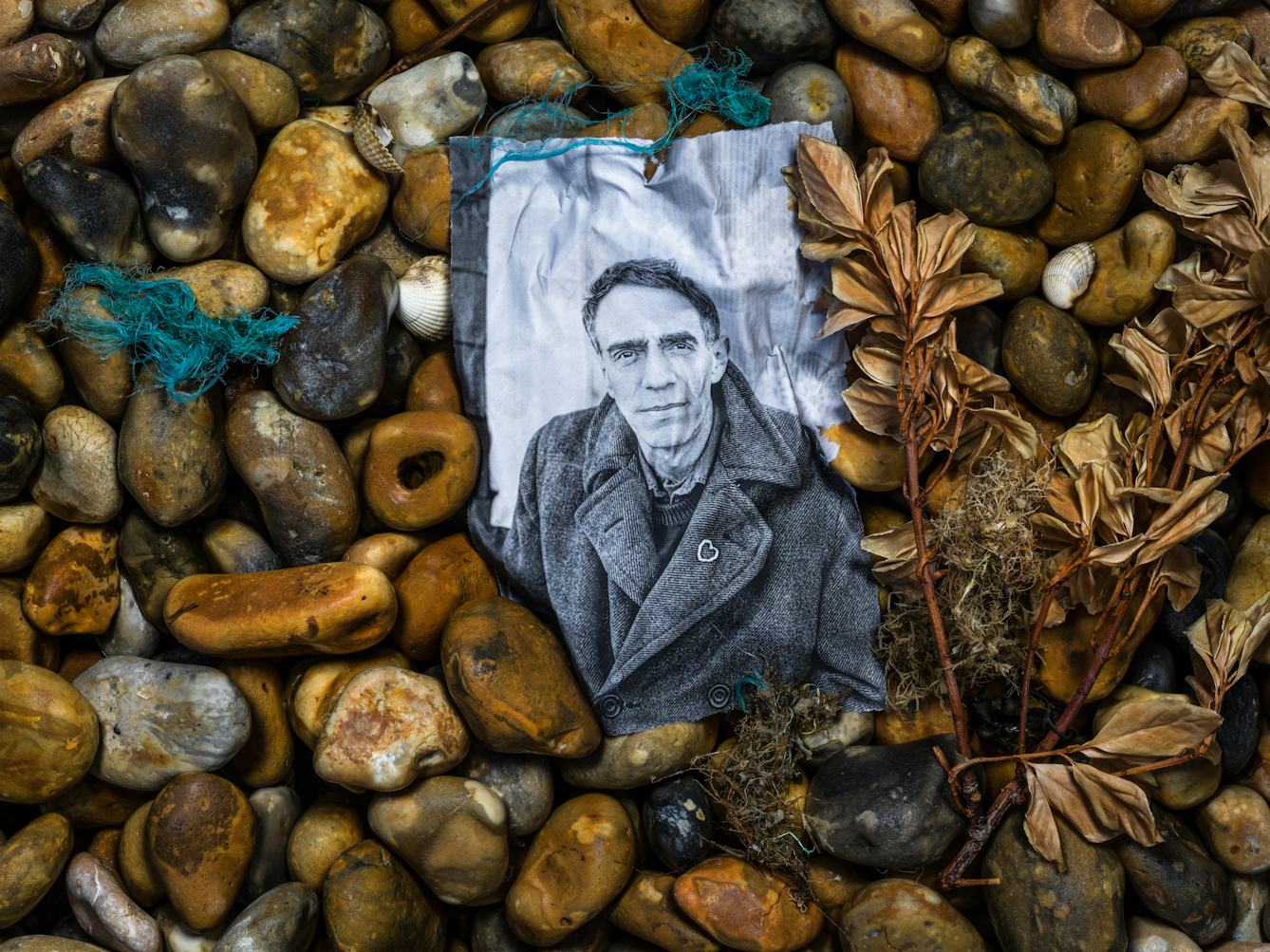
- Article
- Article
In the tracks of Derek Jarman’s tears
Researcher E K Myerson shares her moving encounters with the personal papers of artist and filmmaker Derek Jarman.
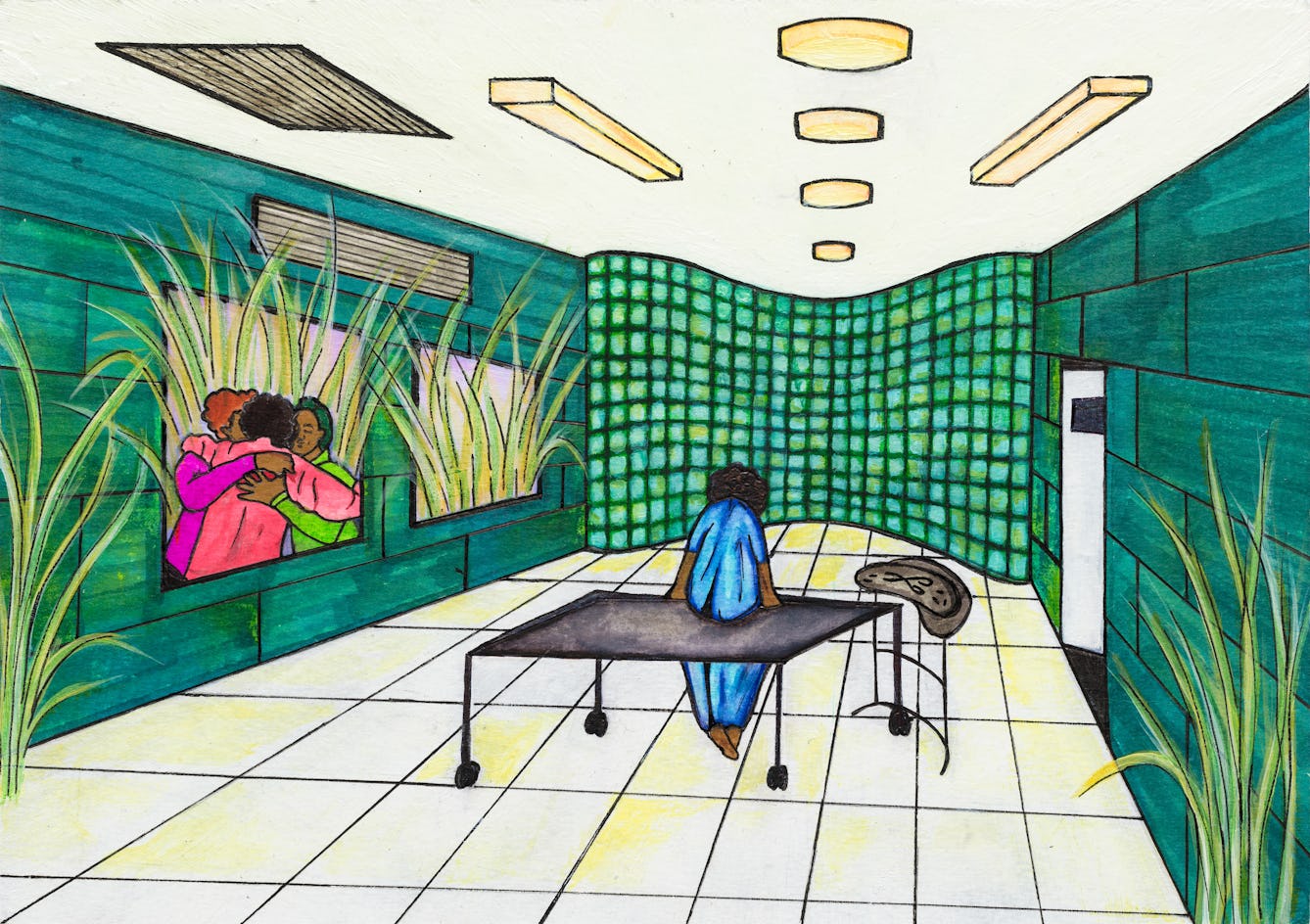
- Article
- Article
What Black women do when the NHS fails them
Sabrina-Maria Anderson explores misogynoir – hatred of Black women – within the NHS, and how women like her are consequently turning to other sources of medical support.

- Article
- Article
Homes for the hives of industry
By building workers’ villages, industry titans demonstrated both philanthropy and control. Employees’ health improved, while rulebooks told them how to live ideal lives.
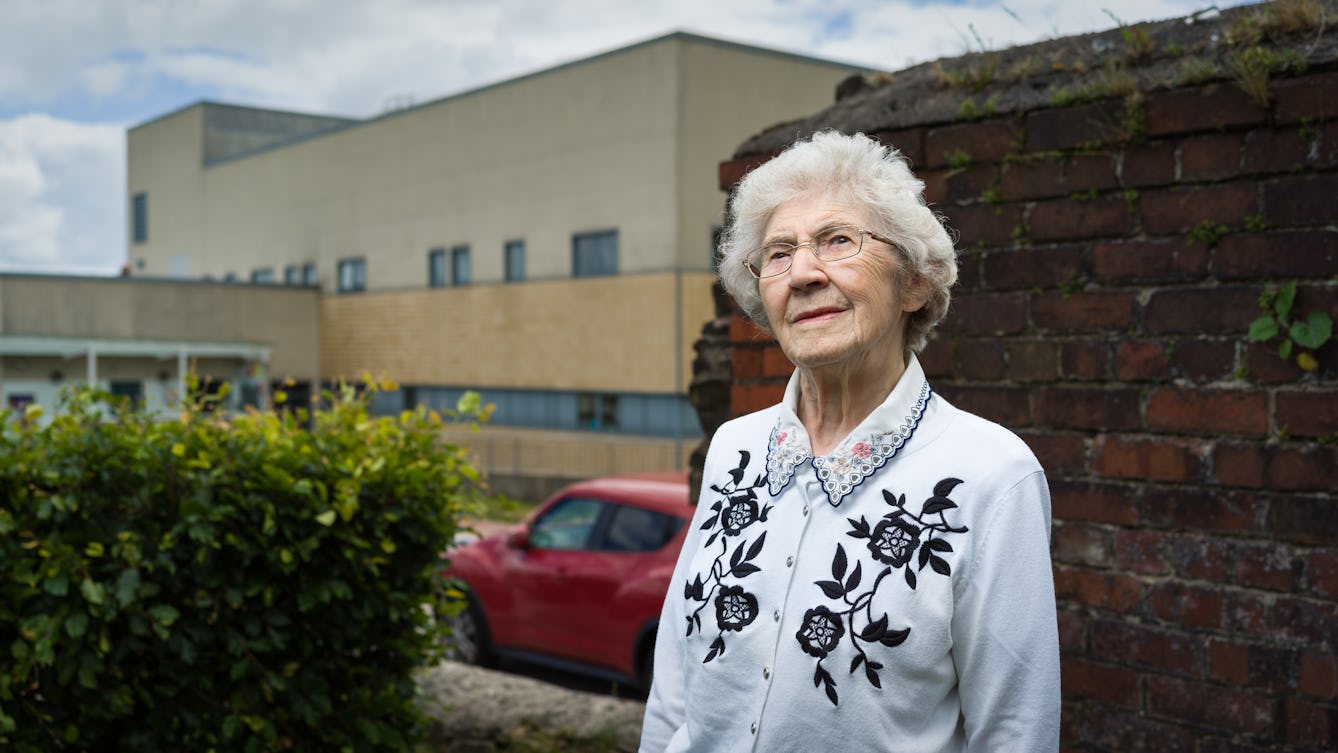
- Article
- Article
The birth of Britain's National Health Service
Starkly unequal access to healthcare gave rise to Nye Bevan’s creation of a truly national health service.

- Article
- Article
Providing care across languages
When medics are taught in English but their patients speak other languages, effective communication becomes fraught. Niyoshi Shah explores the linguistic gaps between patient and doctor.
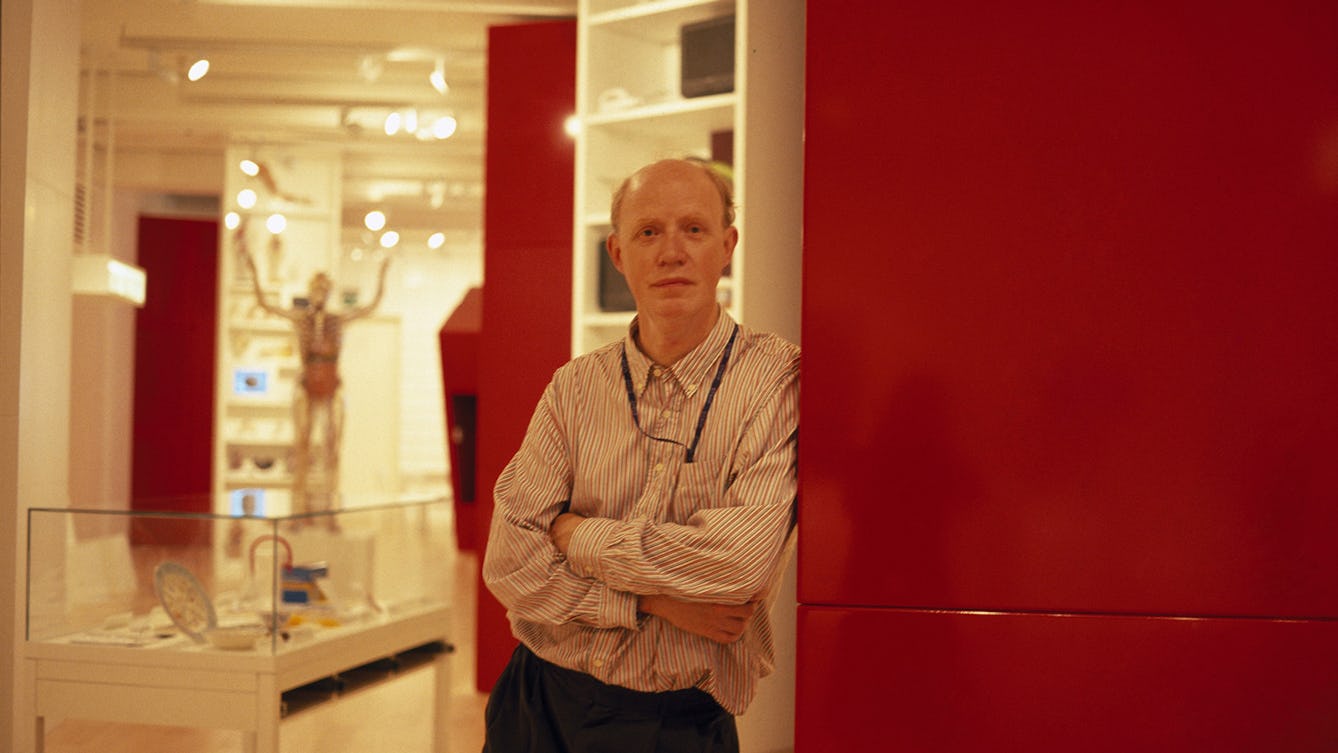
- Article
- Article
Ken’s ten: looking back at ten years of Wellcome Collection
Wellcome Collection founder Ken Arnold picks his favourite exhibits.

- Article
- Article
The epilepsy diagnosis
Epilepsy exists between the mind and body, something that Aparna Nair experienced for herself when she was diagnosed as a teenager.

- Article
- Article
The art of soundproof design
Too much noise is more than annoying – it has serious negative effects on health and cognitive ability. Find out how designers and architects are mitigating the downsides of sound.

- Article
- Article
Is it really OK to not be OK?
Our mental healthcare system is still the poor relation of services that treat physical illness, and the pandemic has shone a spotlight on this situation. Campaigner James Downs argues for fundamental change.
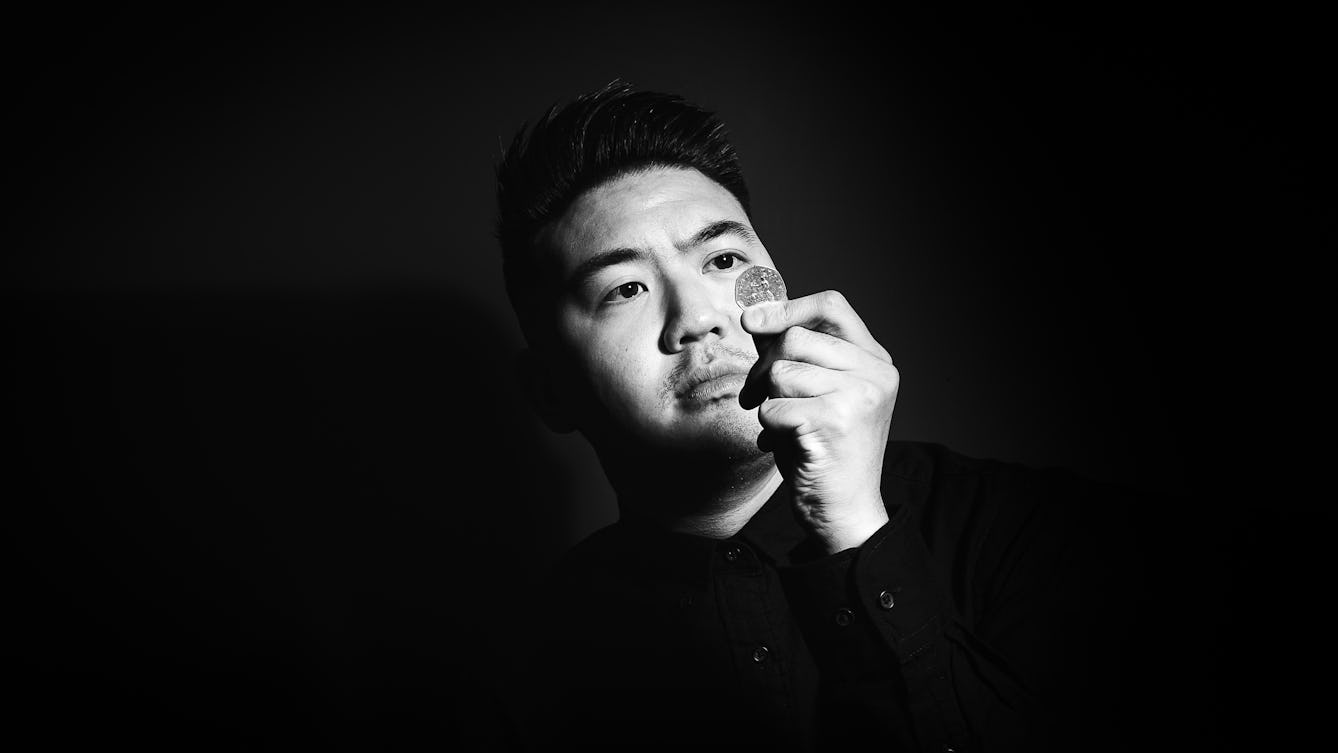
- Article
- Article
Life before assistive technology
When an inherited condition caused Alex Lee’s vision to deteriorate, he began to discover the technologies that would help him navigate the world around him. Here he describes how his life began to change.
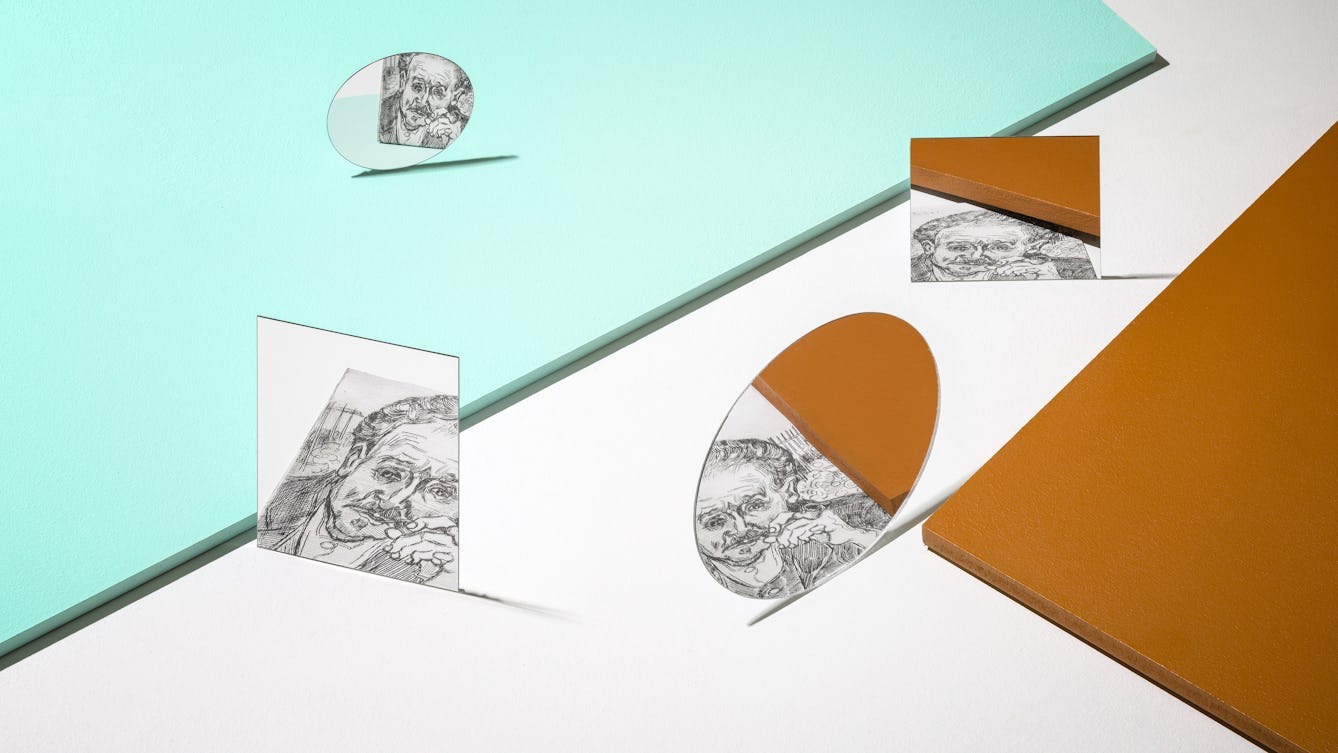
- Article
- Article
Reversing the psychiatric gaze
Nineteenth-century psychiatrists were keen to categorise their patients’ illnesses reductively – by their physical appearance. But we can see a far more complex picture of mental distress, revealed by those patients able to express their inner worlds in art.